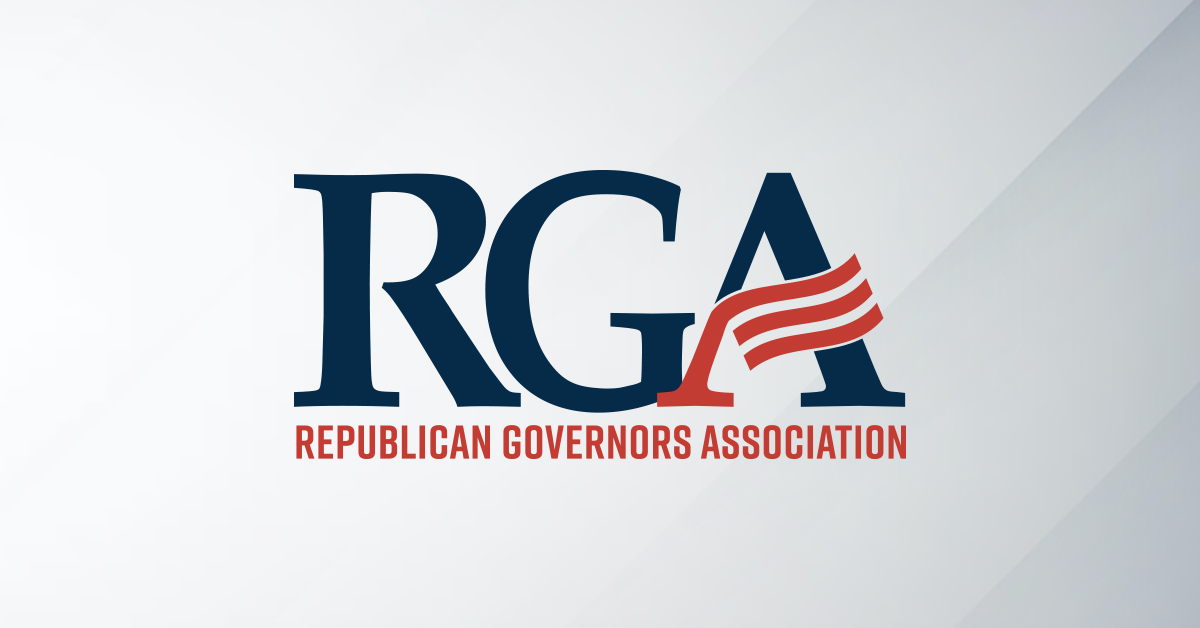
MEMO
From: Paul Bennecke, RGA Executive Director
To: Interested Parties
RE: Gubernatorial Election Results in Kentucky and Mississippi
Date: 11/4/2015
Kentucky
With Governor-Elect Matt Bevin’s 9-point victory in Kentucky, the Republican Governors Association solidified its reputation once again as an impactful political committee that makes smart investments and gets results. In a critical, timely and strategic move, the RGA went up on television early in the general election, continued during all of July, August, September, and the last 2 ½ weeks, when it mattered most.
The Kentucky governorship is a seat Democrats owned and were expected to win. Republicans have only won the governorship twice since World War II, while Democrats have held the office for 40 of the past 44 years. Democrats also control the state House of Representatives and until last night, held every statewide constitutional office but one.
After clearing the field and soundly winning the Democratic gubernatorial primary, Jack Conway held a huge financial advantage over Matt Bevin. Bevin won the Republican gubernatorial primary by just 83 votes and started the general election with practically no resources. The RGA’s early investment 12 hours after Conway debuted his first TV ad kept Bevin in the game and gave him enough cover to stay close while his campaigned rebooted.
Democrats quickly celebrated Bevin’s primary win, believing he would not be a serious threat, and that Conway would easily coast to the governor’s office. As the Cook Political Report noted, Conway had “ample time to prepare for the general election and hit the ground running the day after the primary” and Bevin’s primary victory was “ultimately beneficial to Democrats.”
Conway was able to run on the coattails of a moderately popular incumbent governor who easily won by double-digits in 2007 and 2011. Conway also enjoyed a Democratic voter registration advantage and held a 3-1 cash advantage over Bevin heading into the final two weeks of the general election.
Despite these large advantages, the Democratic Governors Association, Kentucky Democrats and Labor Unions still had to spend millions in a race they were expected to win. These were resources that the DGA and Labor Unions no doubt originally intended to be spent on defending the five open Democratic gubernatorial seats in 2016.
Make no mistake, Matt Bevin worked tirelessly and provided a clear contrast to Jack Conway. The RGA was proud to be a key investor in Governor-Elect Matt Bevin’s victory, spending $6 million on television advertisements, digital and direct mail. This includes $2.5 million spent by the RGA during the election’s final two weeks, which gave Republicans an advertising advantage for the first time in the general election. The RGA ran 10 television ads detailing Jack Conway’s long record of support for President Obama’s failed liberal policies and why Bevin offered a fresh start for the Commonwealth. This included 44,000 broadcast points across eight markets, five mail pieces in the last 10 days, 14 million online impressions, and tens of thousands of ads on satellite and cable.
Mississippi
In Mississippi, Governor Phil Bryant was overwhelmingly re-elected with 66 percent of the vote. This was a testament to his leadership and the results he delivered in his first term, including job growth and education reform. Governor Bryant was in such a strong position for re-election, Democrats were unable to offer anyone who could present a valid reason why Governor Bryant should not be re-elected. Their eventual nominee was a truck driver who had no political operation, no campaign website and forgot to vote for himself in the gubernatorial primary.
Democratic Fortunes In 2016 Gubernatorial Races Are Only Getting Worse
The DGA has repeatedly failed numerous times to recruit credible Democratic candidates for their 2016 gubernatorial elections. After DGA leadership spent months promoting their potential candidacies, West Virginia’s Joe Manchin, Missouri’s Claire McCaskill and North Dakota’s Heidi Heitkamp all passed on running for governor in their respective states.
After being unable to accomplish any meaningful reform in her four years in office, Democratic Governor Maggie Hassan decided to spurn the DGA, forgoing a re-election bid and opted instead to pursue a seat in the U.S. Senate. The DGA Chairman Emeritus Peter Shumlin also passed on running for re-election in Vermont after his popularity nose-dived and it was evident the state no longer saw him as a viable leader. Even the incoming Chair of the DGA, Dannel Malloy of Connecticut, has the lowest approval rating of any governor in the country at a dismal 32 percent.
With Democrats defending five of the six open seat gubernatorial contests in 2016, the chances of increasing their small minority of now 17 governors remains slim. As political analyst Larry Sabato recently noted in POLITICO, “it’s more likely than not Republicans begin 2017 with more governorships than they hold now.”





See the latest videos from RGA
Watch our videosThe numbers say it all. New Hampshire can’t afford to become @maura_healey's Massachusetts.
NEW: Eleven economic development projects in Ohio are expected to create 1,025 new jobs statewide.
Details: https://bit.ly/3J1ZYDO
Follow RGA on Twitter
Follow RGA on Facebook